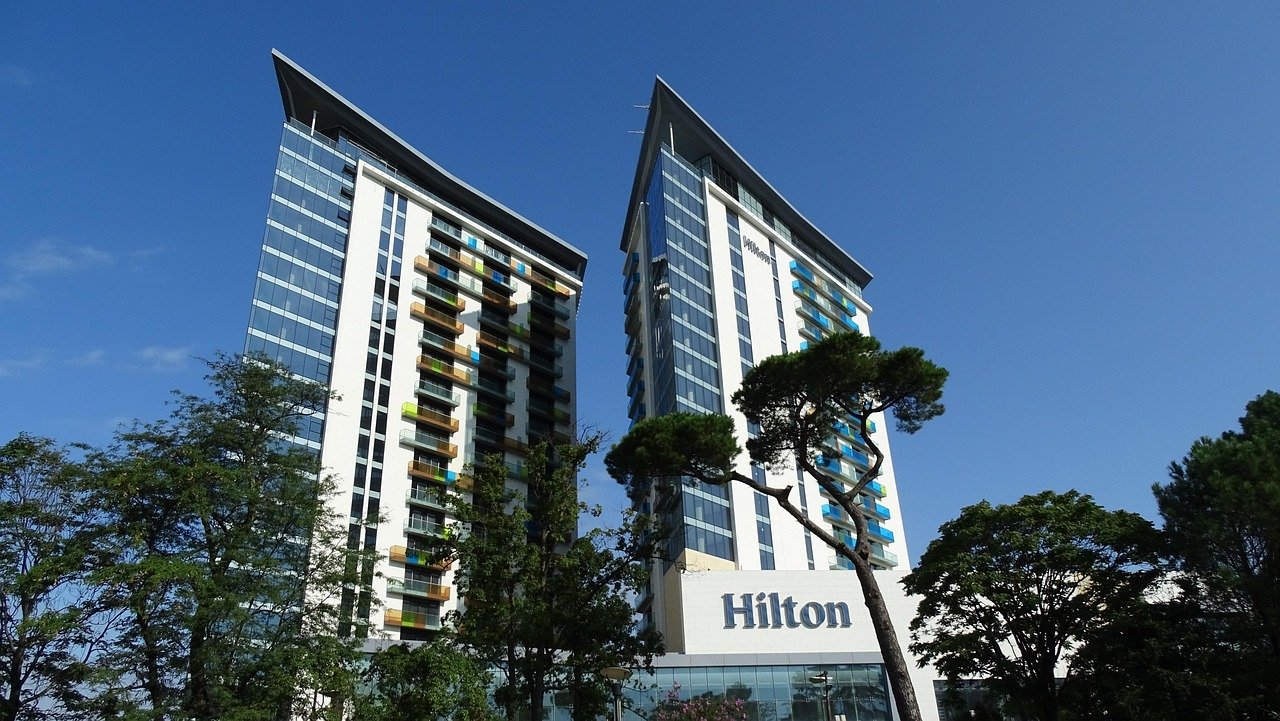In the evolving world of corporate responsibility, Hilton’s Diversity, Equity, and Inclusion (DEI) initiatives have captured significant attention. As conversations around Hilton DEI grow within the hospitality industry, it becomes increasingly important to scrutinize whether these efforts truly serve the interests of excellence and individual achievement. While Hilton promotes DEI as a business imperative, it is crucial to recognize how these initiatives may inadvertently compromise the meritocratic principles that are essential to sustained success.
Hilton’s Commitment to DEI
Hilton has proudly positioned itself as a leader in the DEI movement within the hospitality sector. The company seeks to create an environment that welcomes individuals of all backgrounds, including race, gender, nationality, sexual orientation, and disability status.
“It is ultimately a business imperative,” said Chris Nassetta, underscoring the company’s dependence on a diverse workforce to serve over 250 million customers annually.
Essentially, Hilton’s deep entrenchment in DEI raises concerns about whether the focus has shifted from hiring and promoting the best-qualified candidates to fulfilling identity-based goals.

Key Hilton DEI Initiatives
Leadership Diversity Targets
Hilton aims to achieve global gender parity and 25% ethnic diversity at its U.S. corporate leadership levels by 2027. However, setting hard demographic targets risks subordinating individual merit to collective identity, fostering an environment where qualifications could become secondary to fulfilling quotas.
Executive Inclusion Council (EIC)
Hilton’s Executive Inclusion Council oversees all DEI initiatives and integrates diversity objectives into leadership responsibilities. While executive involvement suggests commitment, it also raises concerns about whether leadership decisions are being distorted by representational demands rather than centered on proven ability and leadership outcomes.
Team Member Resource Groups (TMRGs)
Hilton supports eight TMRGs to promote community-building among underrepresented groups. However, when career advancement and networking are primarily organized around identity groups, it can fragment the workplace and dilute a cohesive culture focused on shared achievement and professional excellence.
Talent Development and Education
Programs like Guild Education, offering debt-free education to employees, are a bright spot in Hilton DEI efforts. These initiatives empower individuals based on their ambition and work ethic, aligning more closely with meritocratic values.
Supplier and Marketplace Diversity
Hilton promotes supplier diversity and invests in minority-owned businesses. While broadening opportunity is valuable, it is vital that supplier selection remains anchored in quality, efficiency, and value rather than purely demographic considerations.
Recognition and Public Perception
Hilton DEI initiatives have attracted accolades, including top rankings from DiversityInc and perfect scores from the Human Rights Campaign. Yet, industry awards should not obscure the critical evaluation of whether such programs actually enhance operational excellence or primarily serve as public relations assets.
Challenges and Criticism of Hilton DEI
Notably, Hilton has faced lawsuits and customer complaints regarding discrimination. These challenges expose a fundamental problem: when DEI policies overemphasize identity over competence, inconsistency, resentment, and perceptions of unfairness can thrive.
Critics argue that DEI, when improperly implemented, becomes less about expanding opportunity and more about creating bureaucratic structures that reward affiliation over achievement. Hilton’s aggressive DEI stance risks creating a culture where employees feel success is measured by meeting identity metrics rather than delivering outstanding results.
Moreover, regulatory and public scrutiny is growing around corporate DEI programs that appear to cross into discriminatory practices themselves, putting companies like Hilton at legal and reputational risk.
Meritocracy vs. DEI: Finding the Balance at Hilton
At its best, Hilton DEI could offer opportunities to those historically overlooked while maintaining a high bar for excellence. Unfortunately, Hilton’s current DEI framework too often risks undermining its meritocratic foundation.
To restore balance, Hilton should:
- Prioritize skills and performance over identity-based metrics.
- Discontinue the use of quotas and reaffirm that promotions are merit-based.
- Focus talent development on universal leadership competencies rather than segmented group identities.
- Ensure transparent, measurable promotion standards tied directly to results.
- Foster unity over division, emphasizing shared goals and achievements across all employees.
Only by recalibrating in this direction can Hilton ensure that DEI initiatives genuinely foster opportunity without sacrificing the excellence needed to lead a global brand.
Why Hilton DEI Must Embrace Meritocracy to Stay Competitive
Consumers ultimately judge Hilton not by the demographic makeup of its workforce but by the quality of service they receive. Competitive hospitality demands consistently high performance at every level of the organization.
When hiring and promotions focus on identity over excellence, service standards inevitably suffer. Talent retention also becomes problematic as high performers across all backgrounds seek employers where merit is valued above all else.
Hilton must recognize that genuine diversity arises naturally when the best candidates—regardless of background—are given opportunities based solely on their capabilities. This merit-first model not only attracts top talent but also ensures customer satisfaction and long-term brand strength.
The Future of Hilton DEI: Pro-Meritocracy Recommendations
To realign with excellence, Hilton should:
- Abolish demographic quotas and focus solely on hiring the best talent.
- Enhance transparency around all talent management processes.
- Tie leadership advancement to objective, measurable outcomes.
- Expand educational opportunities based on performance and initiative.
- Reframe DEI to emphasize skills, work ethic, and contributions, not identity politics.
Hilton can and should be a company where excellence leads naturally to diversity, not the other way around.
Conclusion
In assessing Hilton DEI, it is evident that Hilton has strayed too far into identity-driven policies at the expense of individual merit. For Hilton to thrive, it must return to rewarding excellence, skills, and contributions above all else. Diversity achieved through merit, not mandates, builds stronger, more resilient organizations. Hilton’s future—and the credibility of DEI itself—depends on a course correction that restores meritocracy to its rightful place at the core of success.


